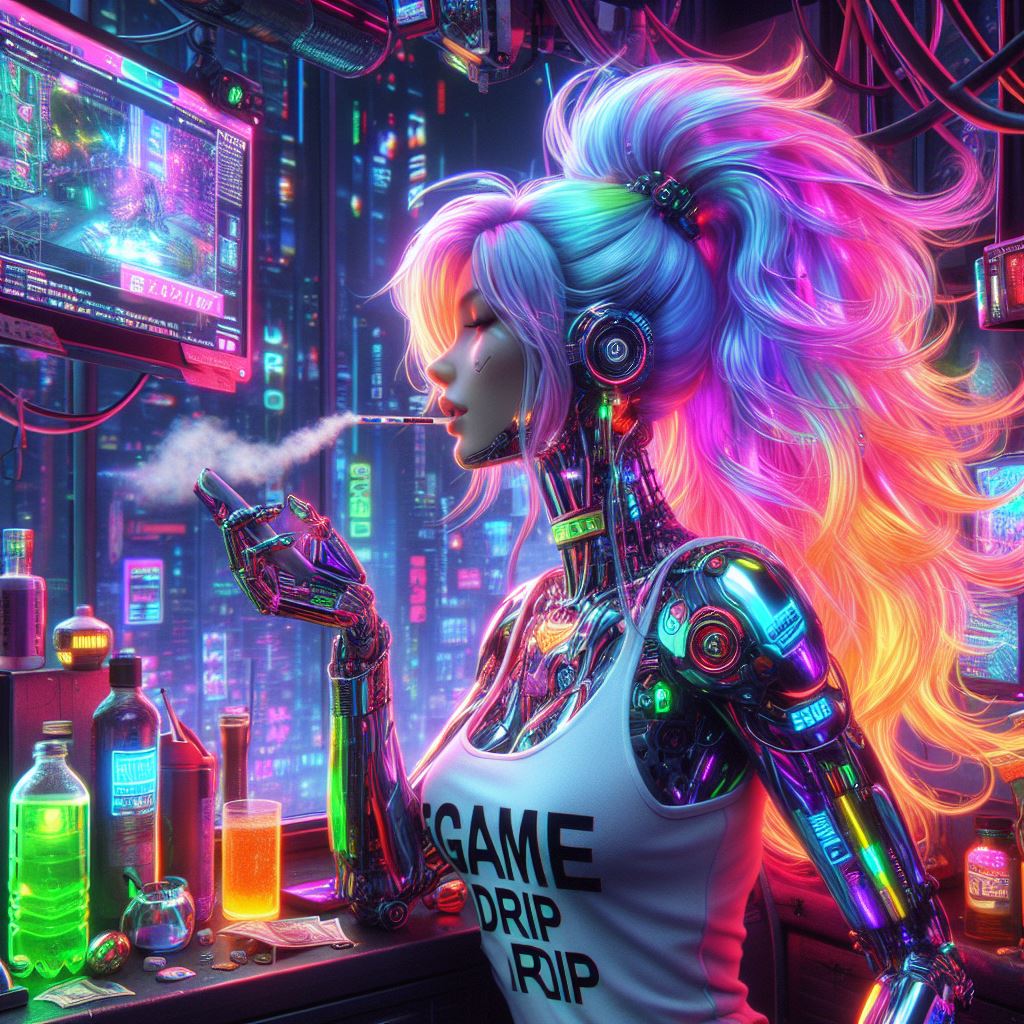Minecraft News | Top Selling Steam Games | Minecraft Servers | Minecraft Skins | New MC Servers
Video games, often perceived as mere entertainment, hold a wealth of benefits for the brain, society, and beyond. Their impact stretches far beyond the realm of leisure, offering a unique blend of cognitive, social, and psychological advantages that are increasingly recognized in various fields.
Cognitive Benefits
- Enhanced Problem-Solving Skills: Video games often require players to solve complex puzzles or navigate challenging scenarios, which can enhance problem-solving skills. Games like strategy and role-playing games, in particular, demand critical thinking and planning several steps ahead, mirroring real-life decision-making processes.
- Improved Attention and Concentration: Fast-paced games, especially action games, can improve a player’s attention to detail, concentration, and ability to switch between tasks effectively. These benefits are linked to the need for quick reactions and meticulous focus on multiple elements within the game.
- Memory and Learning Enhancement: Many games involve exploring new worlds, remembering significant details, and learning complex game mechanics. This can translate into improved memory skills in day-to-day life. Moreover, educational games can directly facilitate learning in various subjects, from history to mathematics.
Social Benefits
- Community Building and Social Skills: Online gaming creates communities where players collaborate, compete, and communicate, fostering social skills and a sense of belonging. It breaks down geographical and social barriers, allowing for diverse interactions.
- Empathy and Emotional Intelligence: Role-playing games that involve taking on different characters can enhance empathy and emotional intelligence. By experiencing stories from different perspectives, players can develop a deeper understanding of various viewpoints and emotions.
- Cultural Exchange and Global Awareness: With their worldwide player bases, video games facilitate cultural exchange and promote global awareness. Players learn about different cultures and viewpoints, which can foster tolerance and understanding.
Psychological Benefits
- Stress Relief and Mental Health: Video games can be a form of relaxation and stress relief. Engaging in a virtual world allows players to unwind and escape from everyday stressors. Furthermore, certain games are being used therapeutically to help manage conditions like depression and anxiety.
- Boost in Self-Esteem and Achievement: Games often have built-in reward systems and levels of progression, providing a sense of achievement. This can boost self-esteem and motivation, offering a safe environment to tackle challenges and experience success.
- Enhanced Creativity and Imagination: Video games are a blend of art, storytelling, and interactive technology. Playing them can stimulate creativity and imagination, inspiring players to think outside the box and envision new possibilities.
Societal Impact
- Economic Growth and Innovation: The video game industry is a significant contributor to the global economy. It drives technological innovation, creating jobs and opportunities in various sectors, from software development to digital marketing.
- Educational Tool and Training Simulations: Video games are increasingly used in education and professional training. They offer interactive and engaging ways to learn and can simulate real-world scenarios for training purposes, such as in medicine, aviation, and engineering.
- Awareness and Social Commentary: Games can be powerful mediums for raising awareness about social issues and providing commentary on current events. They can challenge players’ thinking and promote dialogue on important topics.
